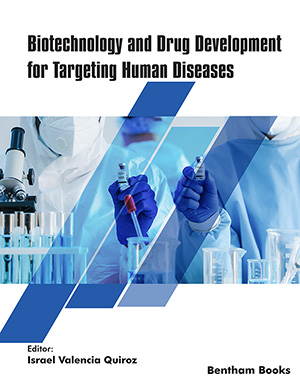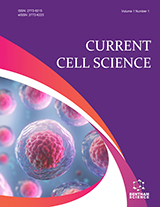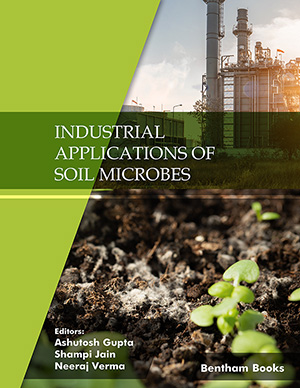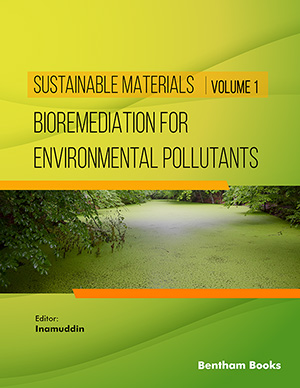Abstract
Antibiotics are compounds that either halt or destroy bacterial growth. They
may be natural, semi-synthetic, or synthetic. Secondary metabolites, such as those
produced by plants, animals, and microorganisms, are known as natural antimicrobials.
The antibacterial/antimicrobial properties of secondary metabolites have been
investigated over the past 30 years. Compounds derived from plants and culinary
seasonings, including essential oils (EOs), are widely utilized in the food industry as
organic agents to inhibit microbial growth in foods and prolong the shelf life of food
products. Animal peptides (i.e., polypeptides) also exhibit antimicrobial properties.
Certain pathogenic and decaying bacteria may be inhibited by various chemicals
produced by numerous microorganisms. Most microbially-derived antibacterial
compounds are produced as intermediate byproducts of food fermentation. Numerous
factors influence the antibacterial efficacy potential of natural products, including the
source of the biological agent, harvesting time, the stage at which it is cultivated, and
production methods.
Keywords: Animal origin, Antimicrobial origin, Byproducts, Essential oils, Natural products, Plant origin, Secondary metabolites.






















